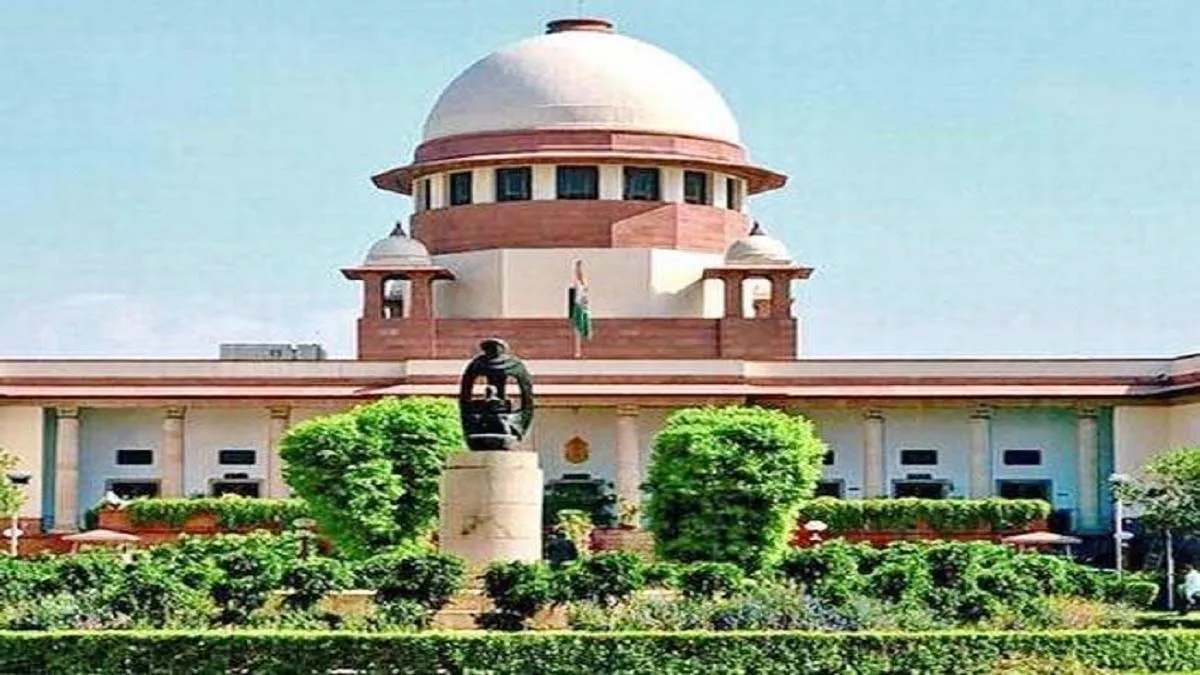
The Supreme Court held that there was no need for the CBI to seek prior sanction for the prosecution of joint secretary and above-rank officers in cases registered under the Prevention of Corruption Act. This decision will be effected retrospectively from September 11, 2003.
A constitution bench, headed by justice Sanjay Kishan Kaul, declared that Section 6A of the Delhi Special Police Establishment (DSPE) Act “is held to be not in force from the date of its insertion – September 11, 2003”.
The main question before the bench related to the applicability of Section 6A in DSPE Act, which required an investigating agency to go to the government to seek approval for the probe against public servants.
Section 6A of the DSPE Act mandated the government's prior sanction to proceed in corruption cases against officers of the rank of joint secretary and above. However, an exception provided in Section 6A(2) states that no approval is necessary for cases involving arrest of a person on the spot on the charge of accepting or attempting to accept a bribe.
Section 6A added in 2003 when NDA was in power
Section 6A of the DSPE Act was added in September 2003 through Section 26 of the Central Vigilance Commission Act (CVCA) when the NDA was in power. The then law minister, Arun Jaitley, had defended the provision in Parliament during a debate on the Central Vigilance Commission Bill. Jaitley said that those in decision-making positions, who must exercise discretion, and those who have to take vital decisions, needed to be protected against frivolous complaints.
Later, in 2014, a five-judge constitution bench struck down Section 6A of the DSPE Act, ruling that “status or position” cannot shield an officer of the level of joint secretary and above from unconstrained probe by the CBI in cases of corruption.
This bench termed Section 6A a “discriminatory” provision that “impedes tracking down the corrupt senior bureaucrats”. The court had at the time said that “the protection in Section 6A has propensity of shielding the corrupt”, adding the provision “suffers from the vice of classifying offenders differently for treatment thereunder for inquiry and investigation of offences, according to their status in life”.

The BuckStopper, run by a group of seasoned journalists, holds the powerful accountable. The buck stops with them, as they cannot shrug off their official responsibilities.



